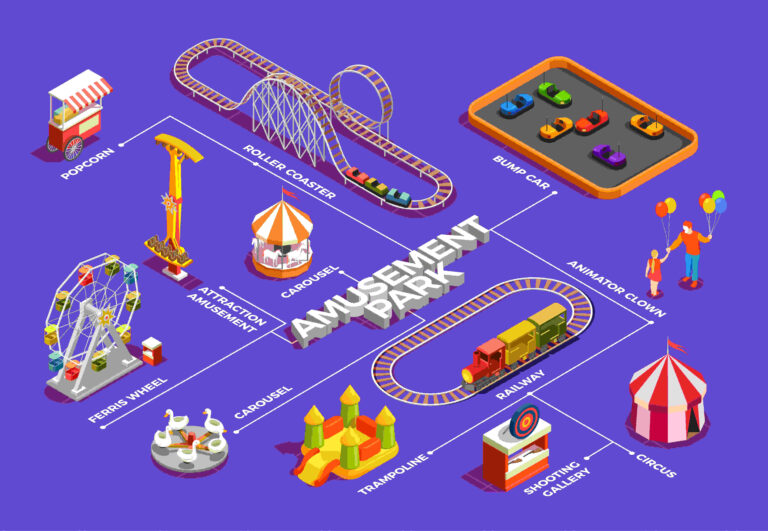In recent years, Artificial Intelligence (AI) has emerged as a transformative force across various industries, and the banking sector is no exception. With its ability to process vast amounts of data, identify patterns, and make predictions, AI has revolutionized the way financial institutions operate, bringing about unprecedented efficiency, security, and personalized services. Let’s delve into the profound impact of AI in banking through a series of key points:
Enhanced Customer Experience
Personalized Recommendations: AI algorithms analyze customer data to offer tailored product recommendations and financial advice.
Chatbots and Virtual Assistants: AI-powered chatbots provide real-time assistance, resolving customer queries, and facilitating seamless interactions 24/7.
Predictive Customer Service: AI predicts customer needs and behavior, enabling proactive customer service and issue resolution.
Risk Management and Fraud Detection
Advanced Risk Assessment: AI algorithms assess credit risks more accurately by analyzing diverse data sources, leading to better-informed lending decisions.
Fraud Prevention: AI systems detect suspicious activities in real-time, mitigating fraud risks and safeguarding customer assets.
Anti-Money Laundering (AML) Compliance: AI automates AML compliance processes, ensuring regulatory adherence and minimizing financial crime risks.
Operational Efficiency
Automated Processes: AI streamlines back-office operations through automation, reducing manual errors and operational costs.
Data Analysis and Insights: AI tools analyze vast amounts of data to derive actionable insights, empowering banks to make informed strategic decisions.
Algorithmic Trading: AI-powered algorithms execute trades at high speeds and optimize investment strategies, enhancing trading efficiency and profitability.
Credit Underwriting and Loan Approval
Faster Decision-Making: AI expedites credit underwriting processes by analyzing borrower data and creditworthiness factors in real-time, enabling faster loan approvals.
Improved Accuracy: AI-driven credit scoring models assess borrower risk more accurately, leading to reduced default rates and improved loan portfolio performance.
Expanded Access to Credit: AI enables lenders to assess the creditworthiness of previously underserved populations by analyzing alternative data sources and behavioral patterns.
Regulatory Compliance
Automated Compliance Reporting: AI automates regulatory compliance reporting tasks, ensuring timely and accurate submissions while reducing compliance costs.
Dynamic Risk Monitoring: AI continuously monitors regulatory changes and adapts compliance strategies, accordingly, reducing compliance risks and enhancing regulatory readiness.
Audit Trail and Transparency: AI-powered systems maintain comprehensive audit trails, enhancing transparency and accountability in regulatory compliance processes.
Wealth Management and Financial Planning
Robo-Advisors: AI-powered robo-advisors offer automated investment advice based on individual financial goals, risk tolerance, and market conditions.
Portfolio Optimization: AI algorithms dynamically adjust investment portfolios based on market trends and risk factors, maximizing returns and minimizing volatility.
Financial Goal Tracking: AI tools track progress towards financial goals and suggest adjustments to investment strategies, ensuring alignment with long-term objectives.
Cybersecurity
Threat Detection: AI detects and mitigates cybersecurity threats in real-time by analyzing network traffic patterns and identifying anomalies.
Behavioral Biometrics: AI utilizes behavioral biometrics for user authentication, enhancing security while minimizing friction in the authentication process.
Adaptive Security Measures: AI dynamically adjusts security protocols based on evolving threats and attack patterns, bolstering cyber defenses and resilience.
Conclusion
The integration of AI technologies into banking operations has ushered in a new era of innovation and efficiency, transforming every aspect of financial services. From enhancing customer experiences to optimizing risk management and compliance, AI empowers banks to stay competitive in a rapidly evolving landscape. As AI continues to evolve, its impact on banking is poised to grow even further, unlocking new opportunities for growth, innovation, and customer-centricity. Embracing AI isn’t just a choice for banks; it’s a strategic imperative in navigating the complexities of the modern financial ecosystem. By harnessing the power of AI, banks can unlock new levels of efficiency, agility, and customer satisfaction, ultimately driving sustainable growth and success in the digital age.












